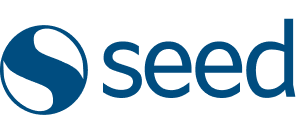In an constantly evolving digital ecosystem, choosing the right CMS can make all the difference in terms of scalability, security and user experience. Drupal has proven to be a reliable and adaptable platform, used by organizations of all sizes, from governments to large enterprises.
10 reasons why it continues to dominate the market
Security
Security is one of the main reasons why governments, universities and large enterprises rely on Drupal. Its security team works constantly to identify and fix vulnerabilities, releasing regular updates and providing guidelines to keep websites secure.
In addition, Drupal allows advanced configurations such as two-step authentication, granular permissions control and data encryption, making it ideal for sites that handle sensitive information.
